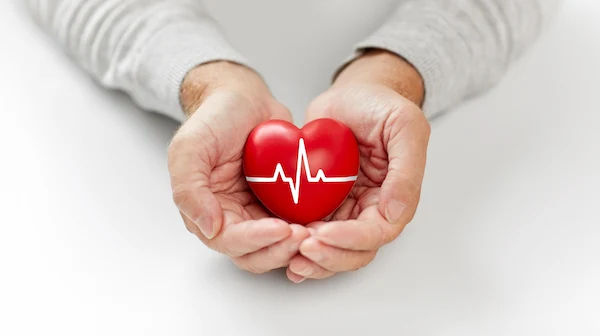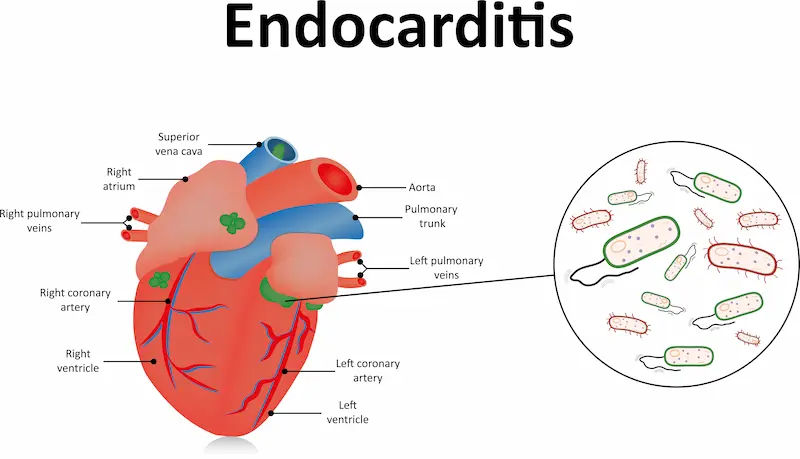- Male
- 18 Years
- 29/01/2025
I've been having a pounding heart and sometimes feel dizzy for about a week now. It even happens when I'm just sitting around doing nothing. Any idea what's going on? Should I be worried?
Answered by 1 Apollo Doctors
These symptoms could be due to a condition called palpitations, which can be caused by various factors such as stress, anxiety, caffeine intake, or underlying heart conditions. To help manage your symptoms, you can try taking a beta-blocker medication such as Metoprolol (25-50mg) once daily to help regulate your heart rate and reduce palpitations. Additionally, it is important to reduce your caffeine intake and practice stress-reducing techniques such as deep breathing or meditation. If your symptoms persist or worsen, please seek further evaluation from a healthcare professional.
Dr. Chandra Suggests...
Consult a Cardiologist
Answered 04/07/2025
0
0

More Cardiology Health Queries
View allI'm really worried about my mom who's 68. She's been diagnosed with mild concentric left ventricular hypertrophy and has an overall LVEF of 50-50. They also mentioned grade diastolic dysfunction. I'm just trying to understand, is this something serious that we need to be concerned about?
An angiogram is advised to the patient and a cardiac opinion..
Answered by 1 Apollo Doctors
Is open heart surgery generally safe and are there any safer alternatives available? Also can you recommend a good heart specialist in Pune for further consultation
Cardiologist opinion at apollo hospital is advised to the patient.
Answered by 1 Apollo Doctors
I'm having this squeezing pain in my chest that's been going on for a couple of days now. It gets worse when I take a deep breath. Any idea what might be going on?
It sounds like you may be experiencing symptoms of angina, which is chest pain or discomfort caused by reduced blood flow to your heart muscle. It is important to seek medical attention immediately. In the meantime, you can take Aspirin 325mg to help reduce the risk of a heart attack. Please take one tablet and chew it for faster absorption. Remember to seek urgent medical help for further evaluation and treatment.
Answered by 1 Apollo Doctors
Disclaimer: Answers on Apollo 247 are not intended to replace your doctor advice. Always seek help of a professional doctor in case of an medical emergency or ailment.




